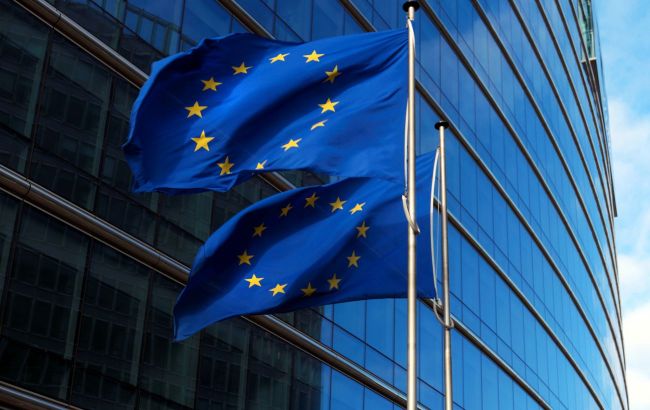EU intends to impose duties on Russian grain imports
 Illustrative photo (Getty Images)
Illustrative photo (Getty Images)
The EU is preparing to impose duties on grain imports from Russia and Belarus. This move marks the first restriction on food products following Moscow's full-scale invasion of Ukraine, according to the Financial Times.
Brussels has long resisted pressure from Poland and Baltic countries to limit Russian and Belarusian imports, arguing that such a step could disrupt global food markets and harm developing countries. However, sources familiar with the plans suggest that the European Commission is expected to introduce a tariff of 95 euros per ton on grain from Russia and Belarus in the coming days.
Sources reported that this would lead to at least a 50% price increase and dampen demand. A 50% tariff will also be imposed on oilseed and its derivatives.
EU imports of disrupted products from Russia - grains, oilseed, and their derivatives - reached a record high of 4 million tons in 2023, accounting for 1% of the EU's total consumption.
A source reported that the tariff would be set at the maximum level permitted under WTO rules.
Russia may retaliate, but it has already banned most food imports from the EU, and many European companies operating in this sector have left the country in recent years.
EU countries back ban on Russian grain imports
At the end of February, the Latvian government banned grain imports from Russia and called on the European Union to take similar steps.
Following this, Polish Prime Minister Donald Tusk called for action against Russian grain imports to the European market.
On March 8, the Polish Sejm supported a resolution on sanctions against agricultural products from Russia and Belarus and urged the European Commission to impose sanctions on the import of Russian and Belarusian food and agricultural products into the EU.
Representatives of most political groups in the European Parliament expressed support for sanctions on agricultural products from Russia and Belarus.

